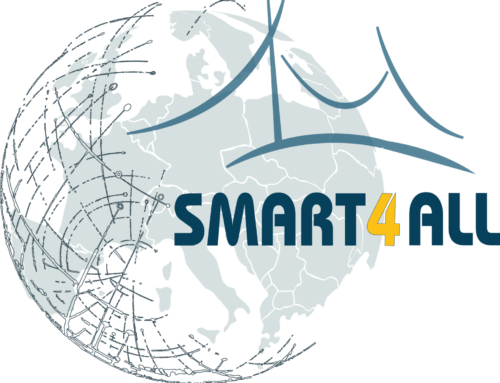Grants of the European Research Council have been recognised as one of the most prestigeous in the world. More than 6000 grants were awarded during the last 10 years. The calls are very competitive and the success rate oscillates between 10% and 12%. The ERC grants ensure much academic freedom for project leaders (Principle Investigators), concerning the merit of the project, the composition of the research team, and the choice of the host institution (in one of the EU or Associated Country). Last but not least, they offer substantial funding. However, funds are awarded only to projects proposing frontier research, run by creative researchers.
The webinar will focus on:
- particular types of ERC grants – Starting, Consolidator, Advanced,
- evaluation criteria
- evaluation procedure,
- application form,
- help from National Contact points.
The main source of information:
AGENDA I. General information on the ERC
II. Types of ERC grants
III. Evaluation criteria
IV. Evaluation procedure
V. Application form
VI. Help from NCPs Transnational Access to research infrastructures There are projects under Horizon 2020, specially designed to facilitate FREE OF CHARGE access to European research infrastructures. The researchers (from all over the world) interested in running experiments in the best quality laboratories, observatories, etc., apply directly to a project or facility for short-term grants, lasting 1 week to 3 months. The costs of travel, subsistence and the research experiments are covered from the budget of each project. At the moment >40 such projects are running but since the next year their number will be doubled.
The webinar will focus on:
- specific features of projects offering access to infrastructures,
- sources of information where to find relevant project,
- application processes,
- help from National Contact points.
The main source of information:
http://ec.europa.eu/programmes/horizon2020/en/area/research-infrastructures
AGENDA VII. General information on Integration Activity projects
VIII. RICH project
IX. Application procedures
X. Help from NCPs





